Table of Contents
Introduction
Introduction: When visiting Angola, it is essential to have a good understanding of the local currency and payment methods to ensure a smooth and hassle-free experience. This money guide provides valuable information for both tourists and business travelers on how to pay in Angola. By familiarizing yourself with the local currency, banking system, and payment options, you can navigate financial transactions with ease and make the most of your time in this vibrant African country.
Currency Exchange Options in Angola
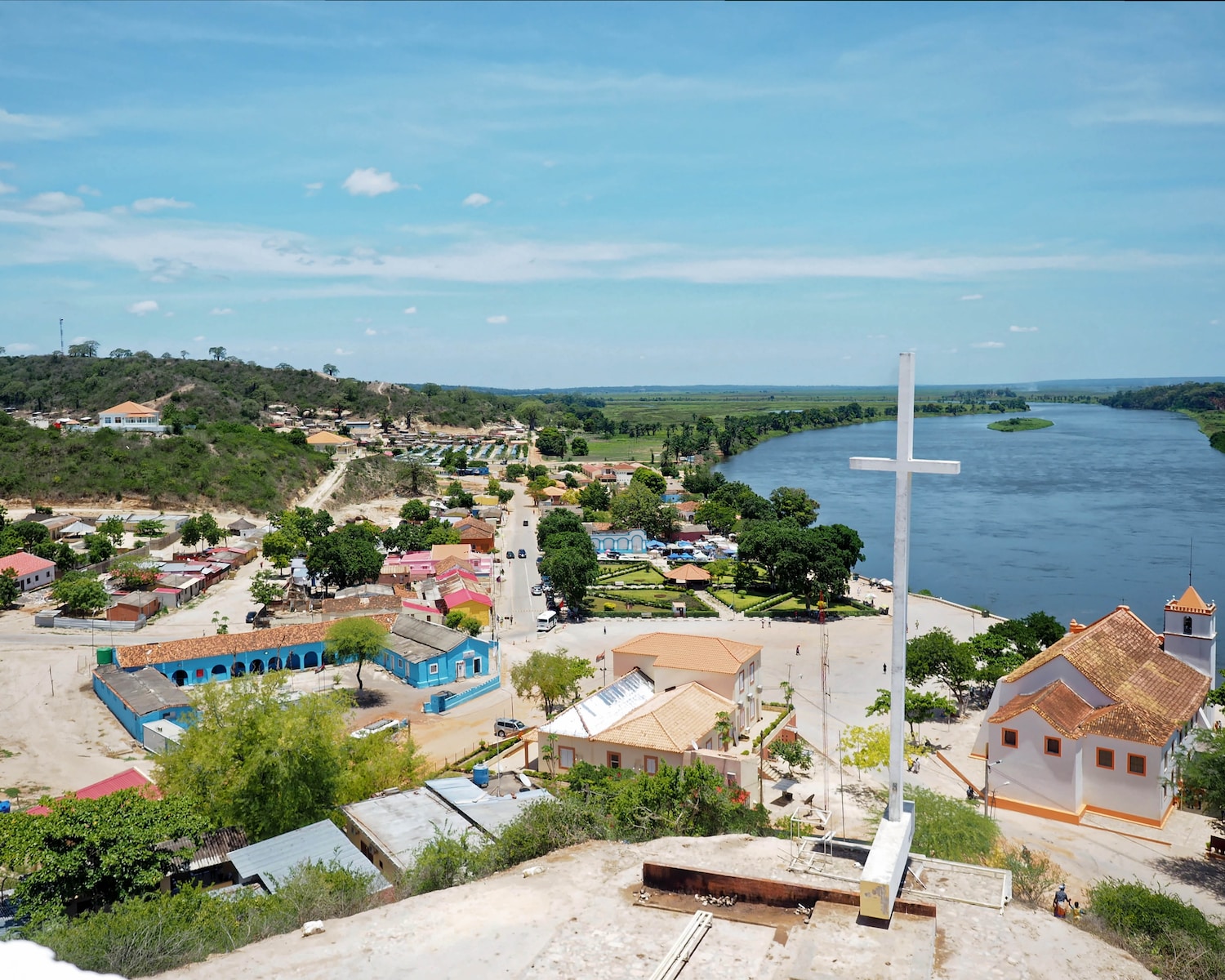
Are you planning a trip to Angola? Whether you're a tourist or a business traveler, it's important to know how to pay in Angola. Understanding the currency exchange options available to you will help ensure a smooth and hassle-free experience during your stay. The official currency of Angola is the Angolan kwanza (AOA). When it comes to exchanging your money, there are a few options to consider. One option is to exchange your currency at a local bank. Most major banks in Angola offer currency exchange services, and this is often the most convenient and secure option. However, it's important to note that some banks may have limited hours or require you to have an account with them in order to exchange money. Another option is to use an exchange office. These can be found in major cities and tourist areas, and they often offer competitive exchange rates. However, it's important to exercise caution when using exchange offices, as some may charge high fees or offer unfavorable rates. It's always a good idea to compare rates and fees before making a decision. If you prefer to use your credit or debit card while in Angola, you'll be pleased to know that most major cards are widely accepted. However, it's always a good idea to inform your bank or credit card company of your travel plans to avoid any issues with your card being blocked for suspicious activity. Additionally, it's worth noting that while cards are accepted in many places, cash is still king in Angola, especially in more remote areas or smaller establishments. When it comes to ATMs, they can be found in major cities and tourist areas. However, it's important to note that not all ATMs accept foreign cards, so it's a good idea to check with your bank before relying solely on ATMs for cash. Additionally, it's always a good idea to withdraw cash during daylight hours and in well-lit areas to ensure your safety. Traveler's checks are another option to consider, although they are not as widely accepted as they once were. If you do choose to use traveler's checks, it's important to keep in mind that you may encounter difficulties when trying to cash them, especially in more remote areas. It's always a good idea to have a backup plan and carry some cash or a card as well. Lastly, it's important to be aware of the current exchange rate when exchanging your money in Angola. Exchange rates can fluctuate, so it's a good idea to check the rates before making any transactions. Additionally, it's worth noting that some establishments may offer a better exchange rate for larger bills, so it may be beneficial to carry larger denominations when possible. In conclusion, understanding the currency exchange options in Angola is essential for a smooth and hassle-free experience during your stay. Whether you choose to exchange your money at a bank, use an exchange office, or rely on cards and ATMs, it's important to be aware of the fees, rates, and potential limitations associated with each option. By planning ahead and being informed, you can ensure that you have the necessary funds to enjoy your time in Angola.
Understanding the Local Payment System in Angola
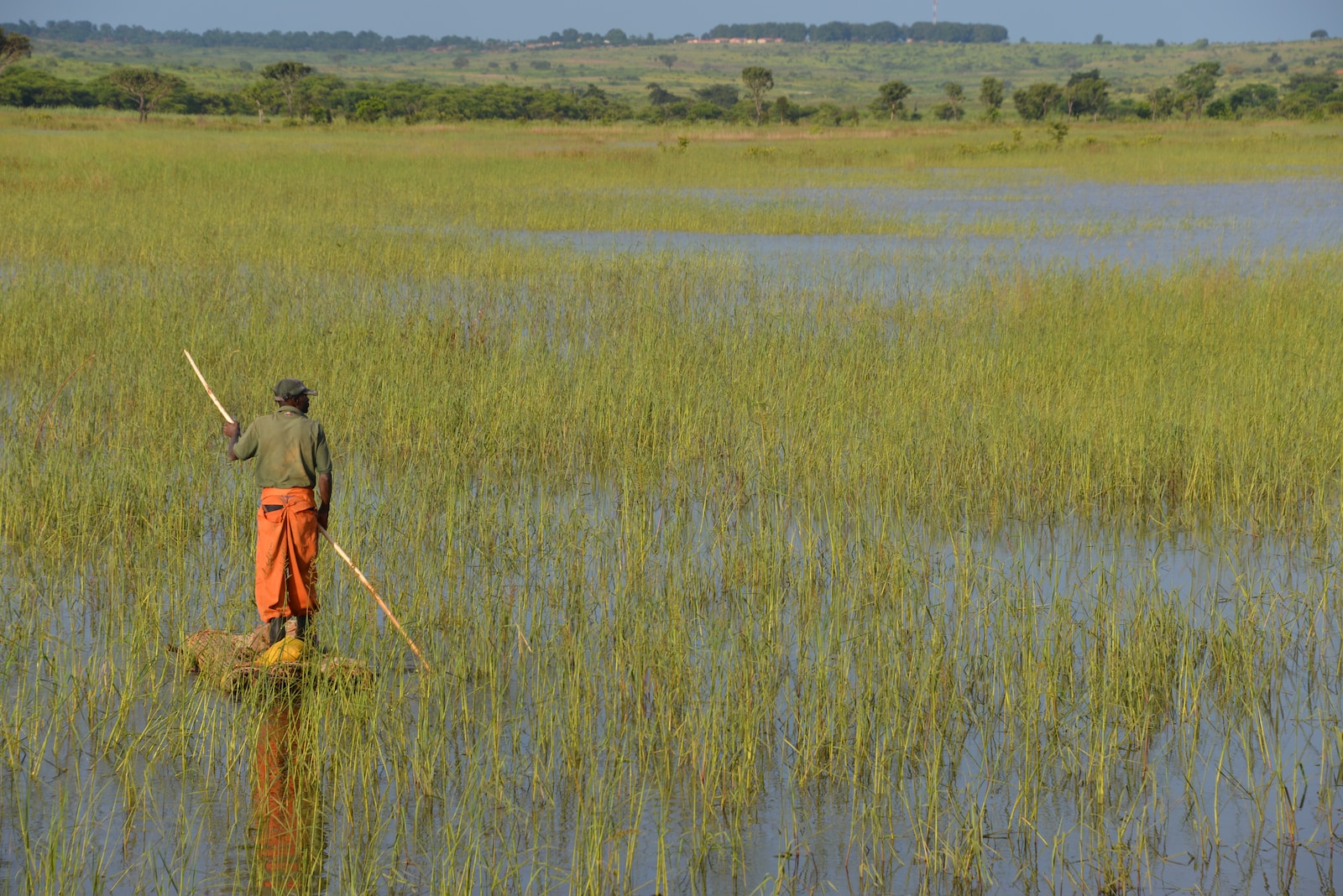
Angola, a country located in Southern Africa, is known for its rich culture, stunning landscapes, and vibrant cities. Whether you are visiting as a tourist or conducting business, it is essential to understand the local payment system to ensure a smooth and hassle-free experience. In this article, we will guide you through the various payment methods available in Angola and provide you with some useful tips. Cash is king in Angola, and it is advisable to carry some local currency, the Angolan Kwanza (AOA), with you at all times. While major cities like Luanda may accept credit cards in some establishments, smaller towns and rural areas often rely solely on cash transactions. It is also worth noting that foreign currencies are not widely accepted, so it is best to exchange your money upon arrival. To exchange your currency, you can visit banks, exchange bureaus, or authorized hotels. It is recommended to compare rates and fees before making any transactions to ensure you get the best deal. Be aware that some establishments may charge a commission for exchanging money, so it is wise to inquire about this beforehand. When it comes to credit cards, Visa and Mastercard are the most widely accepted brands in Angola. However, it is important to note that not all businesses, especially smaller ones, accept card payments. Additionally, some establishments may charge a fee for using a credit card, so it is advisable to carry cash as a backup. Mobile payment apps have gained popularity in recent years, and Angola is no exception. Apps like Multicaixa Express and KixiPay allow users to make payments using their smartphones. These apps are widely accepted in various establishments, including restaurants, shops, and even taxis. To use these apps, you will need to link your bank account or credit card to the app and follow the instructions provided. Another convenient option for tourists and business travelers is traveler's checks. These checks can be exchanged for local currency at banks or exchange bureaus. However, it is important to keep in mind that traveler's checks may not be accepted everywhere, so it is advisable to have an alternative payment method available. In Angola, it is customary to tip service providers such as waitstaff, taxi drivers, and hotel staff. While tipping is not mandatory, it is appreciated and considered a gesture of gratitude for good service. It is customary to tip around 10% of the total bill or round up to the nearest whole number. When using any payment method in Angola, it is crucial to be cautious and aware of your surroundings. Keep an eye on your belongings, especially when withdrawing cash from ATMs or making payments in crowded areas. It is also advisable to inform your bank or credit card company about your travel plans to avoid any issues with your cards being blocked due to suspicious activity. In conclusion, understanding the local payment system in Angola is essential for a smooth and enjoyable experience as a tourist or business traveler. Carrying cash, having a backup payment method, and being aware of tipping customs will ensure that you can navigate the local economy with ease. By following these tips, you can focus on exploring the beauty of Angola without worrying about payment-related issues.
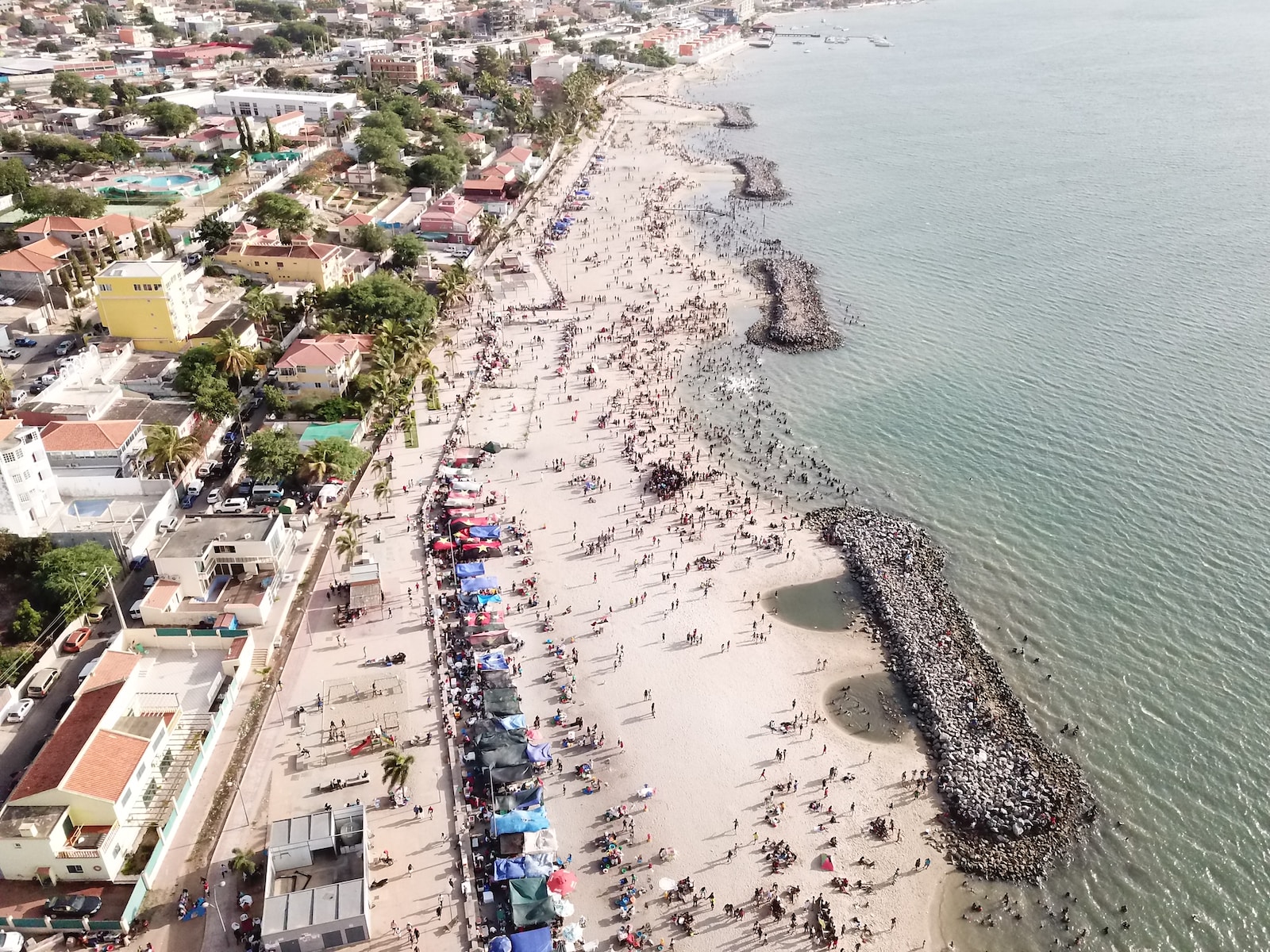
Tips for Using Credit Cards and Debit Cards in Angola
Angola is a beautiful country in Southern Africa that offers a unique blend of natural beauty, rich history, and vibrant culture. Whether you are visiting as a tourist or conducting business, it is important to know how to pay for your expenses while in Angola. In this article, we will provide you with some tips for using credit cards and debit cards in Angola. First and foremost, it is important to note that while credit cards are widely accepted in major cities and tourist areas, they may not be as readily accepted in smaller towns and rural areas. Therefore, it is always a good idea to carry some cash with you, especially if you plan on venturing outside of the main cities. When using your credit card in Angola, it is important to inform your bank or credit card company about your travel plans beforehand. This will help prevent any potential issues with your card being blocked due to suspicious activity. Additionally, it is a good idea to have a backup card in case your primary card is lost or stolen. While credit cards are generally accepted in Angola, it is worth noting that some establishments may only accept certain types of cards. Visa and Mastercard are the most widely accepted, followed by American Express and Diners Club. It is always a good idea to carry multiple cards to ensure that you have a backup option if one card is not accepted. When using your credit card in Angola, it is important to keep an eye on your transactions and check your statements regularly. This will help you identify any unauthorized charges and report them to your bank or credit card company immediately. It is also a good idea to keep your receipts as proof of purchase. In addition to credit cards, debit cards are also widely accepted in Angola. However, it is important to note that not all ATMs accept foreign cards. Therefore, it is advisable to withdraw cash from ATMs located in major banks or shopping centers, as they are more likely to accept foreign cards. When using an ATM in Angola, it is important to be cautious and aware of your surroundings. Avoid using ATMs located in isolated or poorly lit areas, and always cover the keypad when entering your PIN. It is also a good idea to withdraw smaller amounts of cash at a time to minimize the risk of loss or theft. Lastly, it is important to familiarize yourself with the local currency in Angola. The official currency is the Angolan kwanza (AOA), and it is advisable to carry some cash in this currency for smaller purchases and transactions. It is also worth noting that some establishments may only accept cash, especially in more remote areas. In conclusion, while credit cards and debit cards are generally accepted in Angola, it is important to be prepared and have some cash on hand, especially when venturing outside of major cities. Informing your bank or credit card company about your travel plans, carrying multiple cards, and keeping an eye on your transactions are all important steps to ensure a smooth payment experience. By following these tips, you can enjoy your time in Angola without any payment-related worries.
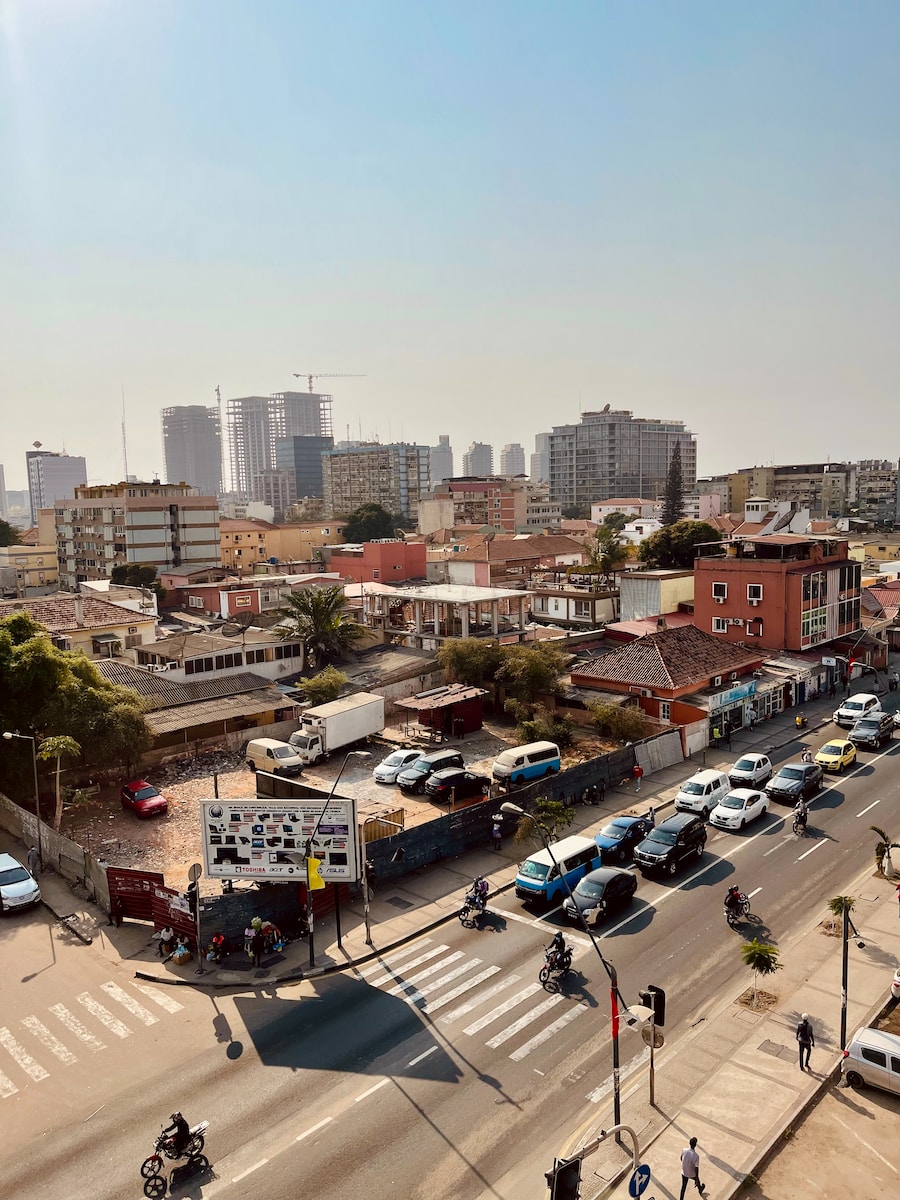
Cash vs. Electronic Payments: Pros and Cons in Angola
Are you planning a trip to Angola? Whether you're a tourist or a business traveler, it's important to know how to pay for goods and services in the country. Angola, located in Southern Africa, has its own unique payment system that may differ from what you're used to. In this article, we'll explore the pros and cons of cash and electronic payments in Angola, helping you make an informed decision on how to pay during your stay. Let's start with cash payments. Carrying cash is a common practice in Angola, and it's widely accepted in most establishments. One of the advantages of using cash is that it's widely available and easily accessible. You can withdraw local currency, the Angolan kwanza, from ATMs or exchange your foreign currency at banks or exchange bureaus. Cash is also convenient for small transactions, such as buying snacks or souvenirs from street vendors. However, there are some downsides to using cash in Angola. Firstly, carrying large amounts of cash can be risky, as it makes you a potential target for theft. It's advisable to only carry the amount of cash you need for the day and keep the rest in a secure place, such as a hotel safe. Additionally, some establishments may not have enough change, so it's always a good idea to carry smaller denominations. Now let's move on to electronic payments. Angola has seen a significant increase in the use of electronic payment methods in recent years. Credit and debit cards are widely accepted in hotels, restaurants, and larger stores. Mobile payment apps, such as Multicaixa Express and KixiPay, are also gaining popularity, allowing you to make payments using your smartphone. One of the advantages of electronic payments is the convenience they offer. You don't have to worry about carrying large amounts of cash or dealing with loose change. Electronic payments also provide a record of your transactions, making it easier to track your expenses. Additionally, some credit cards offer rewards or cashback programs, allowing you to earn benefits while making purchases. However, there are a few things to consider when using electronic payments in Angola. Firstly, not all establishments accept cards or mobile payments, especially in more remote areas. It's always a good idea to carry some cash as a backup. Secondly, some places may charge a fee for using electronic payment methods, so it's important to check with the establishment beforehand. Lastly, ensure that your card or mobile payment app is compatible with the local payment systems to avoid any issues. In conclusion, both cash and electronic payments have their pros and cons in Angola. Cash is widely accepted and easily accessible, but carrying large amounts can be risky. Electronic payments offer convenience and rewards, but not all establishments accept them, and there may be additional fees. It's important to assess your needs and preferences before deciding on the best payment method for your trip to Angola. Remember to always have a backup plan and stay vigilant when handling your money.
Essential Money Safety Tips for Travelers in Angola
Angola is a beautiful country in Southern Africa that offers a unique blend of natural wonders and cultural experiences. Whether you're visiting as a tourist or for business purposes, it's important to be aware of the essential money safety tips to ensure a smooth and secure trip. First and foremost, it's crucial to familiarize yourself with the local currency, the Angolan kwanza. While some establishments may accept major foreign currencies, it's always best to have the local currency on hand for smaller purchases and transactions. You can exchange your money at banks, exchange offices, or even withdraw cash from ATMs, which are widely available in major cities. Speaking of ATMs, it's important to exercise caution when using them. Stick to ATMs located in well-lit and busy areas, such as shopping malls or banks. Avoid using ATMs that appear to be tampered with or have suspicious devices attached to them. Additionally, it's advisable to withdraw smaller amounts of cash at a time to minimize the risk of loss or theft. When it comes to carrying your money, it's wise to distribute it across different pockets or bags. This way, if one gets stolen or lost, you'll still have some money left. It's also a good idea to keep a small amount of cash in a separate location, such as your hotel room safe, as a backup. While credit cards are widely accepted in major establishments, it's important to notify your bank or credit card company of your travel plans to avoid any issues with your card being blocked due to suspicious activity. It's also advisable to keep an eye on your credit card statements and report any unauthorized transactions immediately. When making purchases, be cautious of your surroundings and keep an eye on your belongings. Petty theft can occur in crowded areas, so it's best to keep your wallet or purse close to your body and avoid displaying large amounts of cash. If possible, opt for electronic payment methods, such as contactless cards or mobile payment apps, to minimize the need for physical cash. If you're carrying valuable items, such as expensive jewelry or electronic devices, it's advisable to keep them out of sight and avoid drawing unnecessary attention to yourself. It's also a good idea to make copies of important documents, such as your passport and visa, and store them separately from the originals. Lastly, it's always a good idea to have travel insurance that covers theft and loss of personal belongings. This will provide you with peace of mind knowing that you're protected in case of any unfortunate incidents. In conclusion, Angola is a wonderful destination to explore, but it's important to prioritize your money safety while traveling. Familiarize yourself with the local currency, exercise caution when using ATMs, distribute your money wisely, notify your bank of your travel plans, and be mindful of your surroundings when making purchases. By following these essential money safety tips, you can enjoy a worry-free trip to Angola.
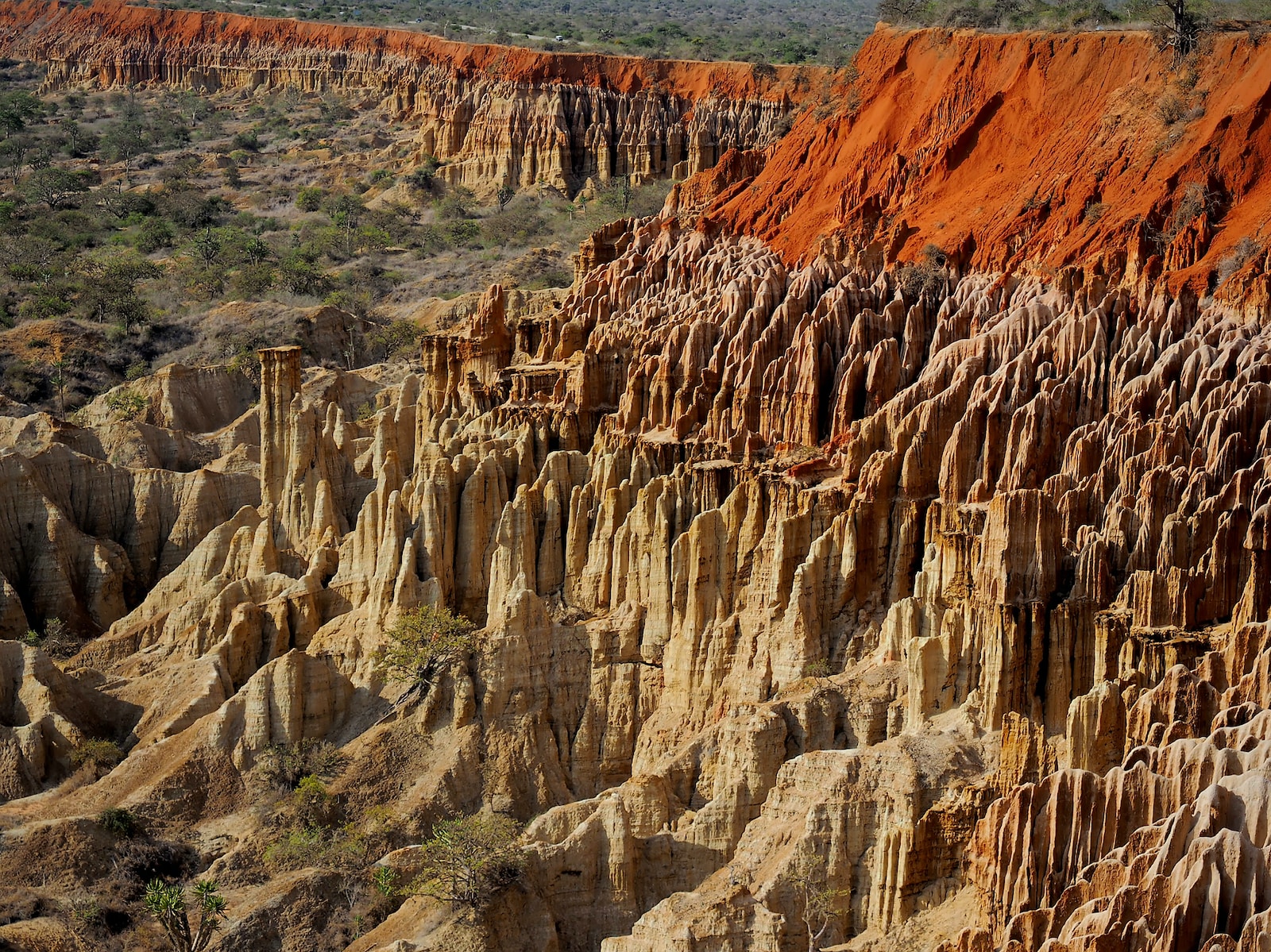
Business Payment Etiquette and Practices in Angola
Angola is a beautiful country in Southern Africa that offers a unique blend of natural beauty, rich history, and vibrant culture. Whether you are visiting as a tourist or conducting business, it is important to familiarize yourself with the local payment etiquette and practices to ensure a smooth and hassle-free experience. When it comes to business payments in Angola, cash is still widely used, especially for smaller transactions. It is advisable to carry some local currency, the Angolan Kwanza, with you at all times. You can exchange your foreign currency at banks or authorized exchange offices, which are readily available in major cities and tourist areas. In Angola, it is common for businesses to accept major credit cards such as Visa and Mastercard. However, it is always a good idea to carry some cash as a backup, as not all establishments may have card payment facilities. Additionally, it is important to inform your bank or credit card provider about your travel plans to avoid any issues with card usage. When it comes to business transactions, it is customary to negotiate prices and terms before finalizing any deal. Angolans appreciate a personal touch and value building relationships, so taking the time to establish a rapport with your business partners is essential. It is also important to be patient and flexible, as business negotiations in Angola can sometimes take longer than expected. In terms of payment terms, it is common for businesses in Angola to request a down payment or deposit before commencing work or providing goods. This is seen as a sign of commitment and trust. It is advisable to clarify payment terms and deadlines in advance to avoid any misunderstandings or delays. In Angola, it is customary to address business partners and colleagues using their titles and surnames. This shows respect and professionalism. It is also important to dress appropriately for business meetings, as appearance is highly valued in Angolan culture. Men should wear suits or formal attire, while women should opt for conservative and modest clothing. When it comes to tipping, it is not mandatory in Angola, but it is appreciated for exceptional service. If you feel that the service you received deserves recognition, a tip of around 10% of the bill is considered generous. However, it is important to note that tipping practices may vary depending on the establishment and the level of service provided. In conclusion, understanding the business payment etiquette and practices in Angola is essential for a successful and enjoyable experience. Carrying some local currency, being prepared for cash transactions, and informing your bank about your travel plans are important steps to take. Building relationships, negotiating effectively, and being patient are key aspects of conducting business in Angola. Remember to address business partners respectfully, dress appropriately, and consider tipping for exceptional service. By following these guidelines, you will navigate the business landscape in Angola with ease and professionalism.
Conclusion
In conclusion, when visiting Angola as a tourist or for business purposes, it is important to be aware of the local currency, the Angolan kwanza (AOA), and the various payment methods available. Cash is widely accepted, especially in smaller establishments, but it is advisable to carry smaller denominations as change may be limited. Credit and debit cards are accepted in some hotels, restaurants, and larger stores, but it is recommended to have cash as a backup. ATMs are available in major cities, but it is advisable to inform your bank beforehand about your travel plans to avoid any issues with card usage. Overall, having a combination of cash and cards will ensure a smooth payment experience in Angola.
